Ulcerative Colitis and Skin Issues

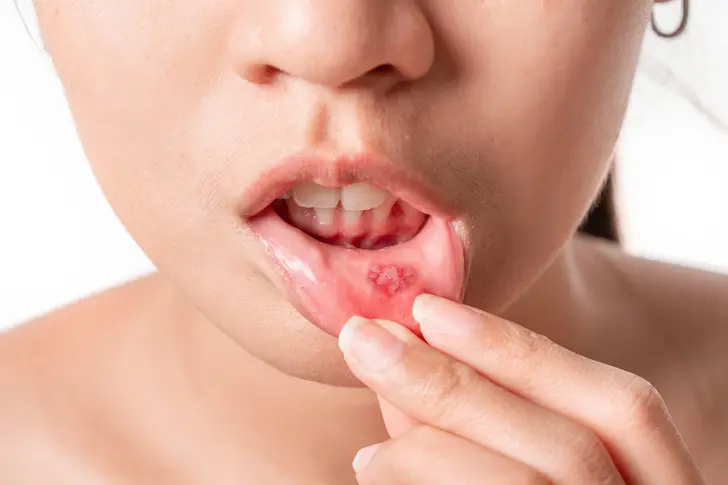
Ulcerative Colitis Skin Issues
Many people with ulcerative colitis experience skin problems. This can happen before or after your diagnosis and often gets worse during flare-ups. These may include painful bumps, ulcers, mouth sores and swelling, fever, and other skin complications.
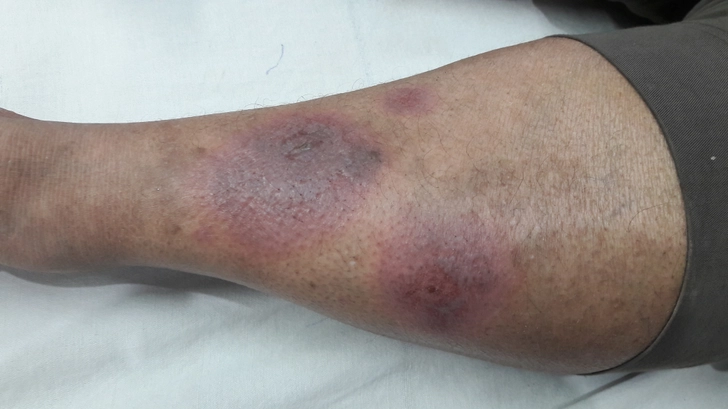
Erythema Nodosum: Painful Bumps
Erythema nodosum causes painful, bruise-like bumps on your shins, ankles, upper legs, or arms. You may have a fever or eye or joint pain at the same time. It often appears during flare-ups. To treat this, your doctor may recommend anti-inflammatory medications or rest.
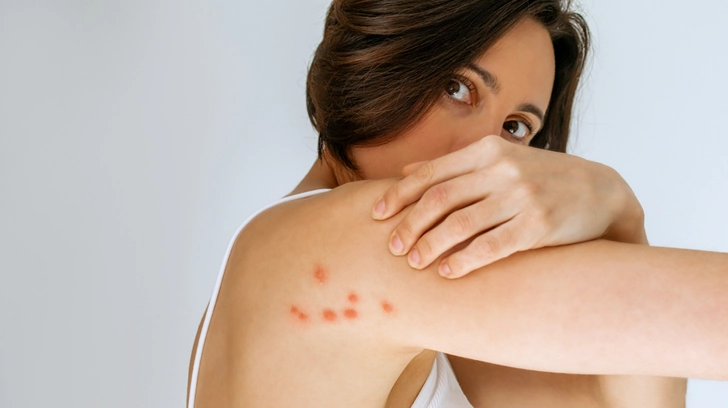
Pyoderma Gangrenosum: Rapidly Developing Ulcers
Pyoderma gangrenosum starts as small pimples or bug bites but can quickly develop into large ulcers. This condition is more common in people with severe ulcerative colitis and requires immediate medical attention. Treatment may involve medications or, in some cases, surgery to remove the ulcers.

Mouth Sores and Swelling
When your ulcerative colitis flares up, you can get mouth sores and swelling. This can be painful, impact eating and speaking, and worsen if you don't get enough nutrition. To help you find relief, your doctor may recommend numbing creams or steroids and address any underlying nutrition issues.
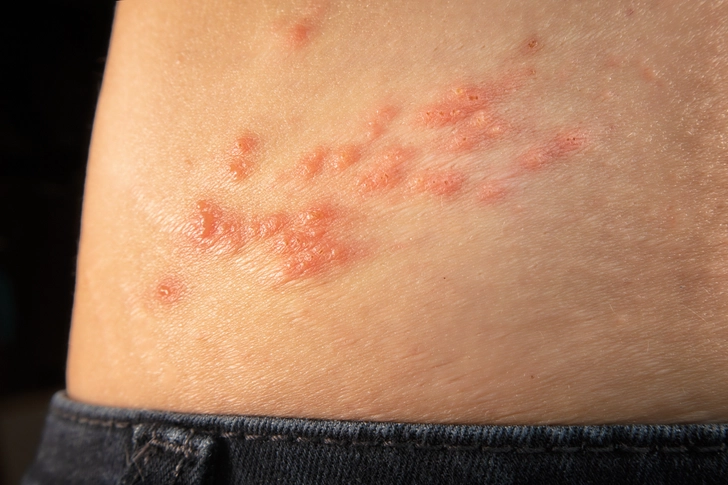
Sweet's Syndrome: Painful Bumps and Fever
Sweet's syndrome causes tender or painful patches on the backs of your hands, arms, legs, torso, and face. You'll usually get a sudden fever first or joint pain, fatigue, headaches, muscle pain, or eye problems. It may look similar to erythema nodosum, but your doctor will be able to tell the difference. Treatment involves steroids to reduce inflammation and symptoms.
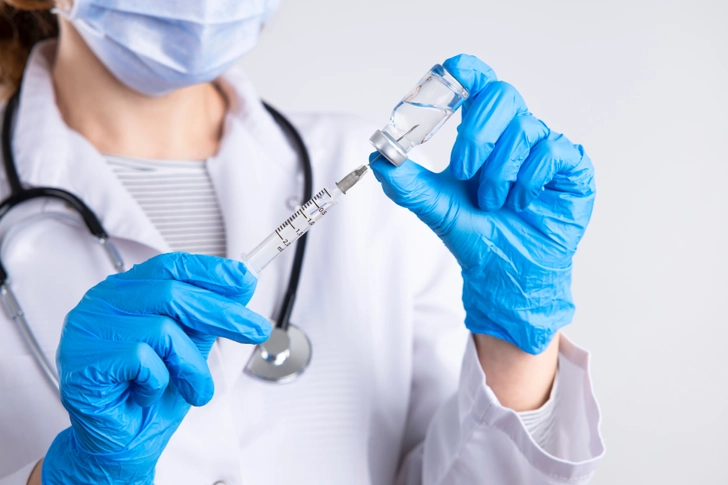
Psoriasis and Fissures
Ulcerative colitis can also lead to psoriasis (red patches on your skin) and fissures (tears around your anal area). Your doctor may treat psoriasis with topical steroids or medications, while fissures usually clear up on their own.
PHOTO CREDITS:
Slide 1 - Chanintorn.v / Shutterstock
Slide 2 - Dr. Muzammil Irshad / Shutterstock
Slide 3 - MarijaBazarova / Shutterstock
Slide 4 - Studio Romantic / Shutterstock
Slide 5 - sophiecat / Shutterstock
Slide 6 - Ahmet Misirligul / Shutterstock
SOURCES:
PLoS One: "Occurrence of skin manifestations in patients of the Swiss Inflammatory Bowel Disease Cohort Study."
Inflammatory Bowel Diseases: "Cutaneous Manifestations in Patients With Inflammatory Bowel Diseases: Pathopahysiology, Clinical Features, and Therapy."
Annals of Gastroenterology: "Management of cutaneous disorders related to inflammatory bowel disease."
Inflammatory Bowel Diseases: "Extraintestinal Manifestations of Inflammatory Bowel Disease."
Merck Manuals: "Erythema Nodosum," "Acute Febrile Neutrophilic Dermatosis."
Reumatologia: "Erythema nodosum — review of the literature."
National Organization for Rare Disorders: "Pyoderma Gangrenosum."
World Journal of Gastroenterology: Oral manifestation in inflammatory bowel disease: A review."
National Institute of Health (UK): "Anal Fissure."
Crohn's & Colitis UK: "Steroids."
Johns Hopkins Arthritis Center: "Side Effects of Biologic Medications."